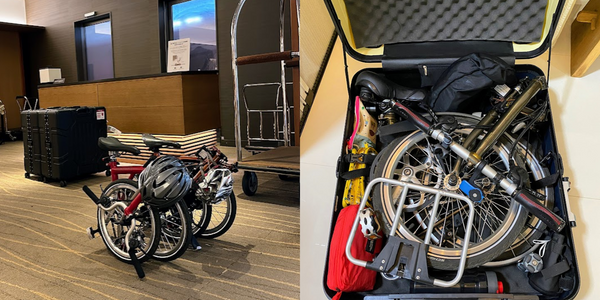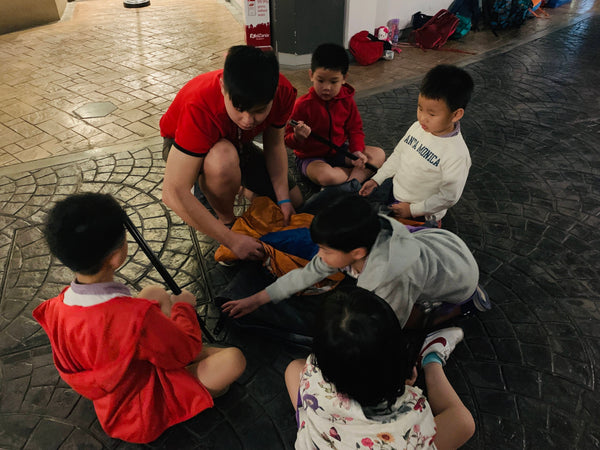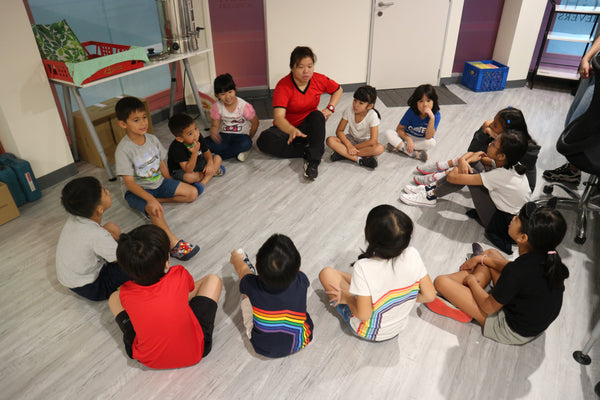
Essential Skills That EVERY Camp Facilitator Should Develop When Guiding Preschoolers
We have noticed that preschool graduation camps are becoming increasingly popular. Preschools are favoring the overnight camp as one of the final events before the traditional graduation ceremony for their students as they leave K2 as it offers the kids a highlight event and life skills to remember before entering Primary 1.
At High Achievers, we have had the privilege of working with a variety of preschools and some very awesome kids. Our facilitators, some of whom have years of experience in outdoor training for MOE schools were put to the test to manage and engage 6-year-olds who are full of wonder and exuberance.
Think you are up to the challenge of managing Preschoolers? Read on! These are some of the skills that you will need to have to connect with preschoolers and their teachers.
For Teachers, do you agree? Let us know if you have other points to add down in the comments section below.
1. Explaining Things Clearly and Concisely
Kids in this age group require instructions to be simple yet concise. We need to give our instructions step by step with demonstrations. For example, if we need them to bring the ball over to an end location as a group, we will have to demonstrate how to do it.
Actions speak louder than words, they say. At this age, where a child's vocabulary is limited, they depend on actions to mirror to get things done. Being repetitive with words is an inefficient way to convey what you want as an instructor. That is why instructors are trained to communicate with simple yet effective words accompanied with actions for children to understand.
2. Holding Attention

This age group of kids have a short attention span. Sometimes, it's difficult to even get their attention. Using game play methods like "Simon says….silent now", "Simon says...keep quiet", "Eyes on me" will help to get their attention.
We often practice these phrases and methods to get their attention when there is too much noise or distractions going on. These methods work as they are familiar with them, and they practice it in their schools as well.
As a trainer, we need to work with their teachers to understand their general behavior and keep things consistent from school to camp.
3. Patience and Passion
While patience is an essential trait that all facilitators need to have, passion is even more critical for preschoolers. Passion is the lubricant that helps all other characteristics work together.
As said earlier, preschoolers between the ages 3 to 6 years old might not understand communication methods used with adults or older children. Hence, trainers must be aware to practice patience all the time, even in the most challenging situations. It all boils down to how passionate you are to teach and educate children from all walks of life.
4. Talking to participants at their level
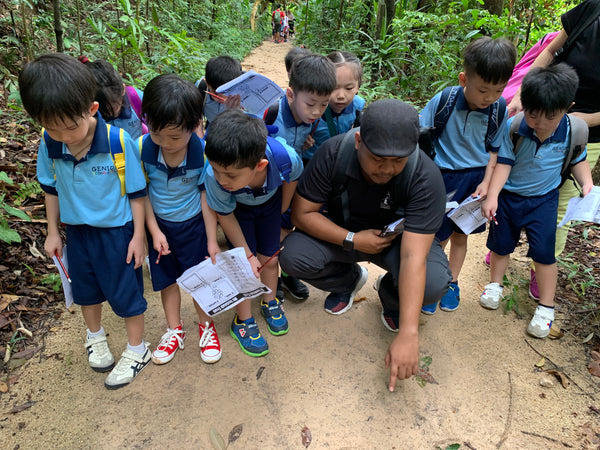
One thing we found useful was to bring ourselves down to a child's eye level, literally. Squatting down to speak to them eye to eye helps them to open up more to us. We become less intimidating and more open and forgiving. As such, it conveys to the child that we are paying attention and will help to enhance connection with them.
Observed Characteristics of Campers in Early Childhood and Responsibilities of a Facilitator
| Characteristics | Responsibilities |
| Inquisitive, short attention span | Create engaging experiences |
| Fairly new to communication among peers and teamwork | Expressive beyond verbal communication when sharing |
| Limited decision-making capability | Assist in activities or routine with teachers |
| Trying to find a space in where they fit in | Guide at every step of the way |
| Takes time to understand verbal instructions | Use simple words for instruction |
| Vocal about discomforts | Use interactive songs/claps to draw attention |
| Likely to throw tantrums when tired | Remain patient and use a level voice when dealing with an outburst |
Note: This table is a compilation of our post-event debriefs and reflections. Share with us the general behaviour of your participants and we can tailor our programmes to your participants.
5. Not your Regular Command and Control Scenario
We have all at one point in time or another gone through camps at primary or secondary school, where we have been mustered from activity to activity. Well for preschool camps, the setting is very different. Children often don't take too kindly to raised voices or commanding tones. Yet, at the same time, speaking with a gentle tone might not be effective in getting the participants to do as instructed. So where is the balance?
As mentioned before, let your passion lead the way. Be assertive and set proper boundaries with explanations. Be patient and kind. Be willing to listening to a child's perspective when they misbehave.
While the expectations for campers are lesser and more age-appropriate, we still want to be able to impart useful knowledge and life skills to the children.
6. Extra Care and Concern!

Preschoolers are at that special age where they are beginning to learn how to care and manage themselves. At camp, it could be the first time doing this or that. Not all children are alike and some need that extra help and care. Showing care and concern helps you to connect with your participants and they will remember you for the helping hand.
7. Have Fun and Tap into your Inner Child!

We, as trainers, come from different ages and backgrounds. For some, this might even be our first time dealing with children preschool age range. We need to build rapport with the kids.
Sometimes, to do so, we need to mirror some of their more desirable behaviors. We need to step out of our comfort zones to connect with them as a child. We should not be afraid to act and be silly as we just want the kids to have fun and laugh.
Ready for a challenge?
Still think you love working with children and are up for the challenge? Fantastic ! All we need are willing hearts and minds. Don't worry if you feel like you don't know a single thing about facilitating. At High Achievers, we conduct a comprehensive Facilitator Training Course to make you an excellent facilitator.
Register yourself and bring a friend along here!
Leave a comment
Comments will be approved before showing up.
Also in News & Updates
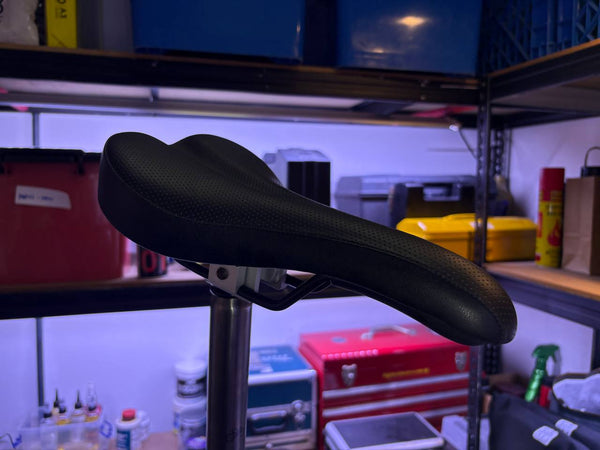
Grip and saddle fit for touring
A quick guide on how to choose thr right saddle and grip for touring on your Brompton.

Brompton Paint Touch Up - How to handle scratches on your Brompton
Brompton - How to manage scratches on your Brompton bicycle and the touch up paint process.
